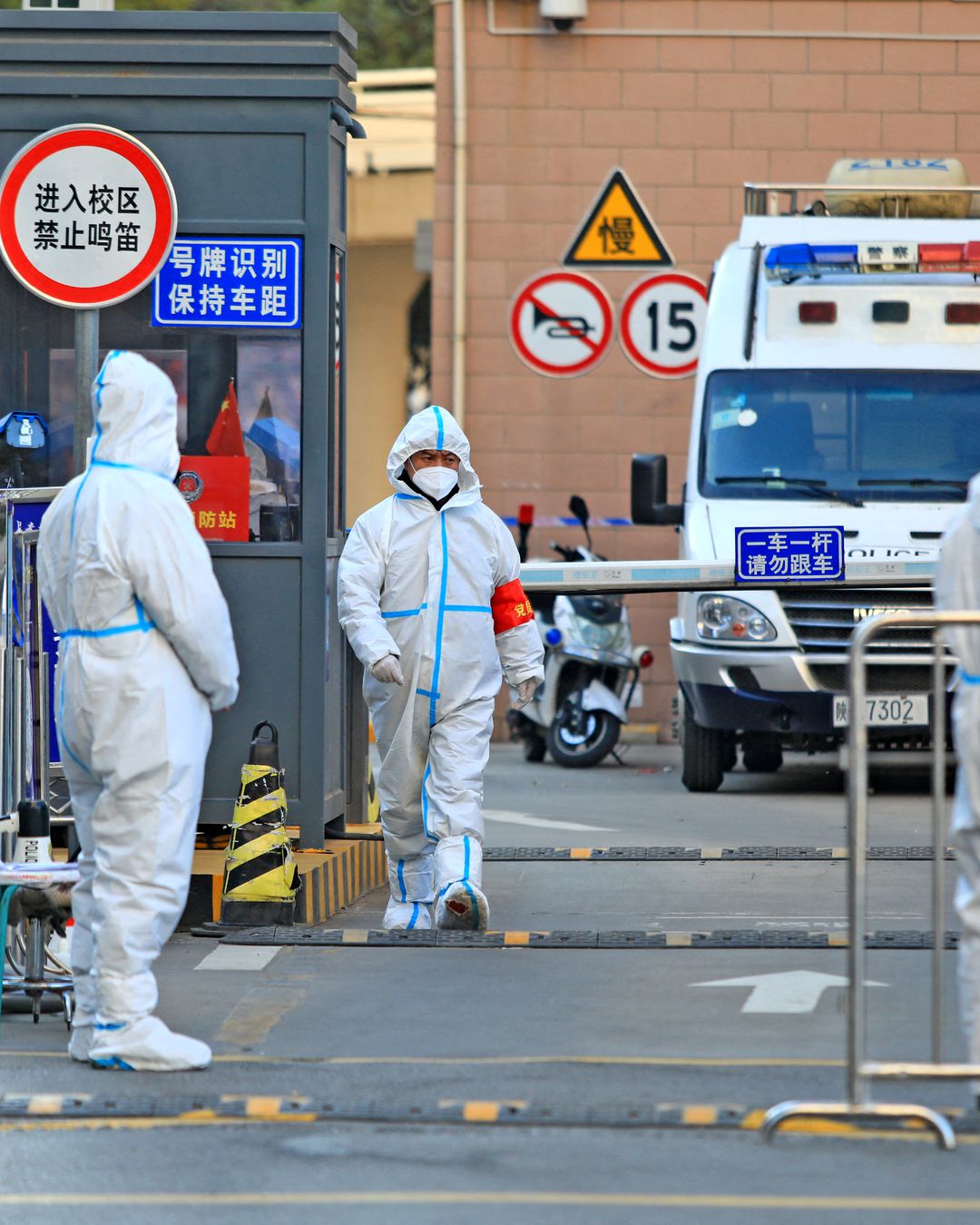Geneva: The World Health Organization has said that the agency is “very concerned” about rising reports of severe coronavirus disease across China after the country largely abandoned its “zero COVID” policy. WHO warned that its lagging vaccination rate could result in large numbers of vulnerable people getting infected.
At a press briefing on Wednesday, WHO Director-General Tedros Adhanom Ghebreyesus said the U.N. agency needs more information on COVID severity in China, particularly regarding hospital and intensive care unit admissions, “in order to make a comprehensive risk assessment of the situation on the ground.”
“WHO is very concerned over the evolving situation in China with increasing reports of severe disease,” Tedros said. He added that while COVID deaths have dropped more than 90 percent since their global peak, there were still too many uncertainties about the virus to conclude that the pandemic is over.
Some scientists have warned that the unchecked spread of COVID in China could spur the emergence of new variants, which might unravel progress made globally to contain the pandemic. “Vaccination is the exit strategy from omicron,” WHO emergencies chief Dr. Michael Ryan said.
Ryan said the explosive surge of cases in China was not exclusively due to the lifting of many of the country’s restrictive policies and that it was impossible to stop transmission of omicron, the most highly infectious variant yet seen of COVID.
He said vaccination rates among people over age 60 in China lagged behind many other countries and that the efficacy of the Chinese-made vaccines was about 50 percent. “That’s just not adequate protection in a population as large as China, with so many vulnerable people,” Ryan said.
To date, China has declined to authorize Western-made messenger RNA vaccines, which have proven to be more effective than its locally made shots. Beijing did agree to allow a shipment of the BioNTech-Pfizer vaccine to be imported, for Germans living in China.











